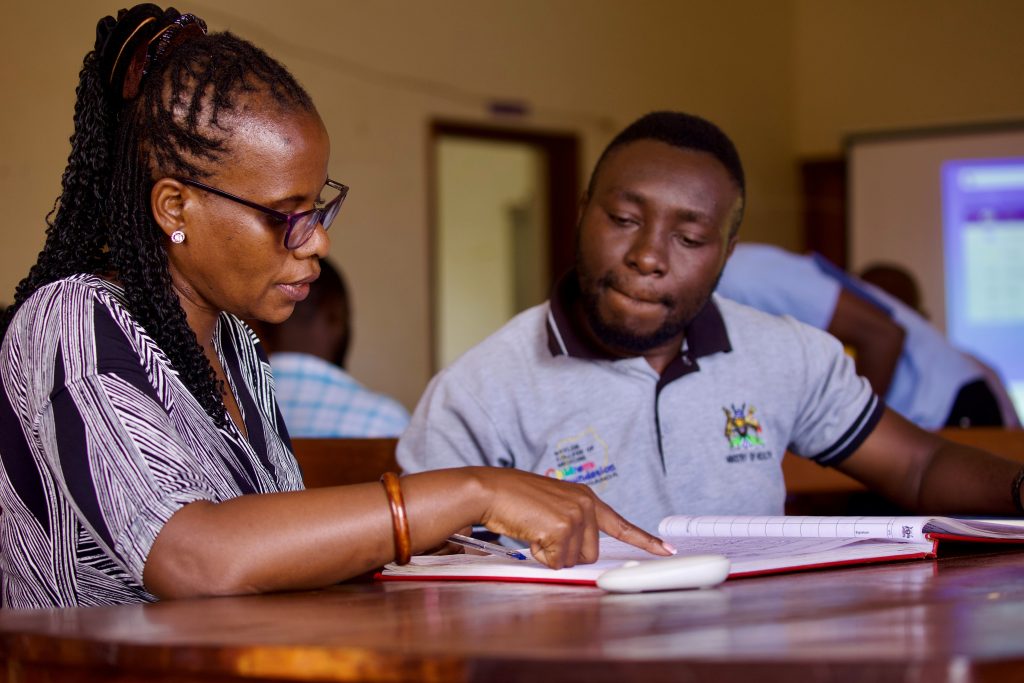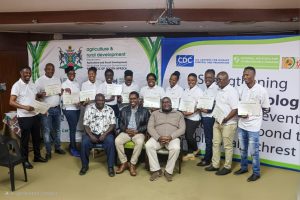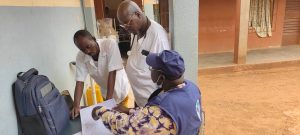AFENET and the National TB and Leprosy Program (NTLP) conduct follow-up assessments for Tuberculosis Clinic-Laboratory Interface Continuous Quality Improvement (CLICQI) in Uganda
-
by
AFENET

The African Field Epidemiology Network (AFENET), in collaboration with the National Tuberculosis and Leprosy Program (NTLP), conducted follow-up assessments and onsite mentorships as part of the Tuberculosis Clinic-Laboratory Interface Continuous Quality Improvement (CLICQ!) project in Uganda’s Bunyoro and Lango regions.
Led by Mr. John Kennedy Matovu, the TB-CLICQI project coordinator, the AFENET team, along with Ministry of Health (MoH)/NTLP personnel, utilized the Diagnostic Cascade Evaluation (DiCE) toolkit to identify gaps in the TB diagnostic cascade. Facilities received onsite mentorship according to MoH guidelines, and improvement projects were initiated to ensure sustainable changes in TB patient care.
This project is a collaboration between the U.S. Centers for Disease Control and Prevention (CDC), CDC Uganda, AFENET, and the Uganda MoH/NTLP. Uganda is the pilot country for implementing CLICQI using the ECHO model, which is cost-effective and supports facilities in bridging gaps in the TB cascade through continuous site assessment, eLearning, and onsite mentorships. The TB ECHO® (Extension for Community Healthcare Outcomes), is a collaborative tele-mentorship model of medical education that provides health care and public health professionals with the knowledge and support they need to manage patient.
The project’s goals are to enhance TB patient and specimen retention, reduce turnaround times, and expedite treatment initiation at the facility level.
The project has been implemented in twelve high-burden TB facilities, including Kigorobya HC IV, Hoima RRH, Kyangwali HC IV, Rwenyawawa HC III, Kagadi Hospital, Kisiita HC III, Ogur HC IV, Aboke HC IV, Bala HC III, Lira RRH, Apac Hospital, and Ibuje HC III. It has led to sustainable improvements along the TB diagnostic cascade in these facilities. The insights gained from this initiative set a precedent for future cost-effective and efficient TB/HIV quality improvement projects



